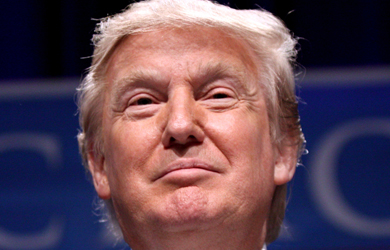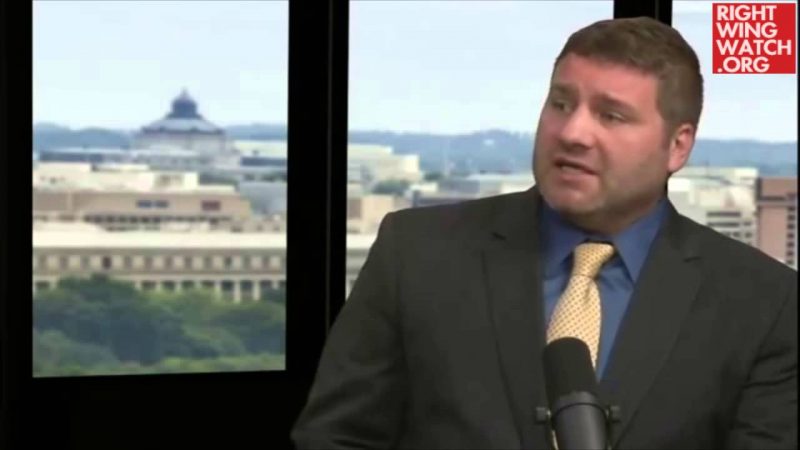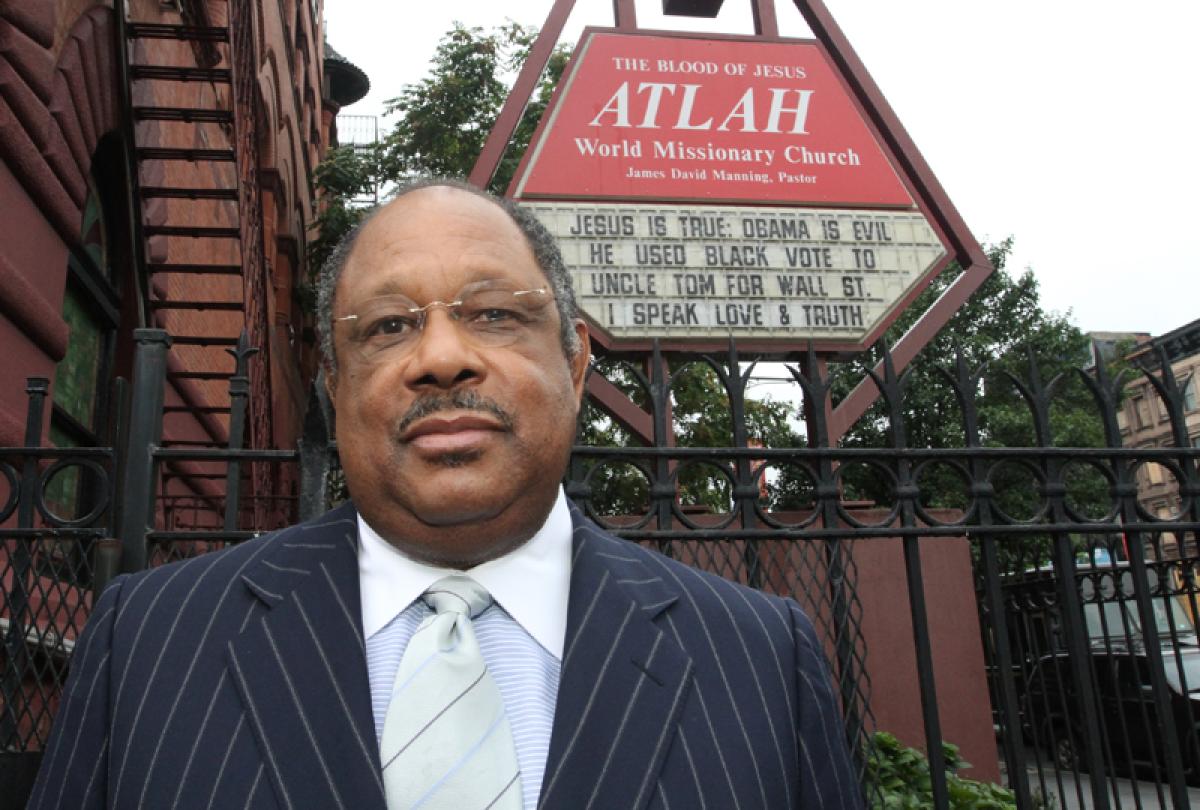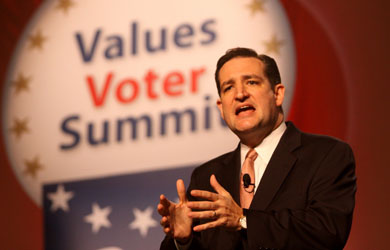Dan Gilgoff reports that Newt Gingrich is unveiling a new effort, called Renewing American Leadership, designed to bring together both the economic and social conservative wings of the Republican Party’s base under a common banner:
Gingrich will be working with David Barton, with whom he has struck up a strong relationship in recent years, as well as working to convince fiscal conservatives to start making nice with their socially conservative allies in order to take advantage of their shared ideology and values:
At a time when many religious conservatives say the Republican Party is ignoring their issues and taking their support for granted, former House speaker and GOP idea man Newt Gingrich is turning his attention to the concerns of conservative Christians like never before.
Gingrich has launched an organization devoted to bringing conservative evangelicals and Catholics into the political process and to strengthening the frayed alliance between economic and religious conservatives. Called Renewing American Leadership, the group is led by Gingrich’s longtime communications director and includes some of the country’s top conservative Christian activists on its board.
This spring, Gingrich will speak to a handful of large gatherings for politically conservative clergy that have been organized by David Barton, an influential evangelical activist who spearheaded the Republican National Committee’s rigorous outreach to pastors in 2004.
…
Just this week, Gingrich’s new group partnered with the American Family Association—the conservative evangelical organization headed by Don Wildmon—to encourage churches and religious groups to participate in no-more-taxes rallies across the country on April 15. Rick Tyler, who served as Gingrich’s spokesman before becoming founding director of Renewing American Leadership, says that on the first day of the largely Web-based organizing effort, 5,000 people signed up to attend the rallies.
The antitax rallies illustrate the new group’s quest to unite religious and fiscal conservatives, two flanks of the Republican base that have squabbled with one another since Election Day. “There’s too much finger-pointing between economic conservatives who say we’re losing ground because of social conservatives and social conservatives who say the opposite,” says Barton, who sits on Renewing American Leadership’s board. “Instead of having a circular firing squad, we need to start identifying real allies and the real opponents.”
To accomplish the goal, Renewing American Leadership has prepared a PowerPoint presentation it plans to show conservative economic groups like the U.S. Chamber of Commerce and Americans for Tax Reform, laying out the case for taking religious conservatives more seriously. The PowerPoint slides list Republican senators and congressman with the highest ratings from the National Right to Life Committee and juxtapose them with ratings for the same elected officials from Americans for Tax Reform. The conclusion: politicians with the strongest socially conservative records also have the strongest antitax records.
“Secular conservatives often operate from a perspective that says, ‘Why should I care about evangelical voters?’ ” says Tyler. “And I show them why: because when you turn out evangelical voters who support socially conservative candidates, you also get conservative economic policies.”
As we pointed, these two groups share much of the same agenda but often have different priorities and it looks like Gingrich is trying to get them to come together for their mutual benefit.
Of course, the success of this effort depends largely on the GOP’s ability to field candidates who appeal to both groups. The problem with Rudy Giuliani, for instance, was that while fiscal conservatives might have been willing to consider supporting him, social conservatives most certainly were not. Conversely, while the social conservatives had much to admire about Mike Huckabee, the economic conservatives did not. In the end, the GOP ended up with John McCain, whom neither side particularly liked.
The key to success of this project is to get economic and social conservatives to work together to find candidates that both side can support. And that seems to be what Gingrich is focusing on by getting the fiscally conservative groups to realize that they have an ally in the Religious Right and that by finding candidates that appeal to them they not only guarantee the Right’s substantial political support, but will end with candidates that will push both the social and fiscal conservatives’ agendas.
This is a politically smart undertaking but it might take someone with more credibility than Gingrich to make it work, considering that just last year he was saying that the reason the GOP keeps losing elections is because it keep playing to its base and, in the process, “drives away the non-base.” On top of that, many right-wing leaders voiced concerns about Gingrich’s past when he was contemplating his own run. Gingrich has since confessed his failings to James Dobson and is currently mulling over the prospect of making a run for the White House in 2012, so perhaps this effort should be seen primarily as a means for Gingrich to rally both the economic and social conservatives behind his own potential campaign.








